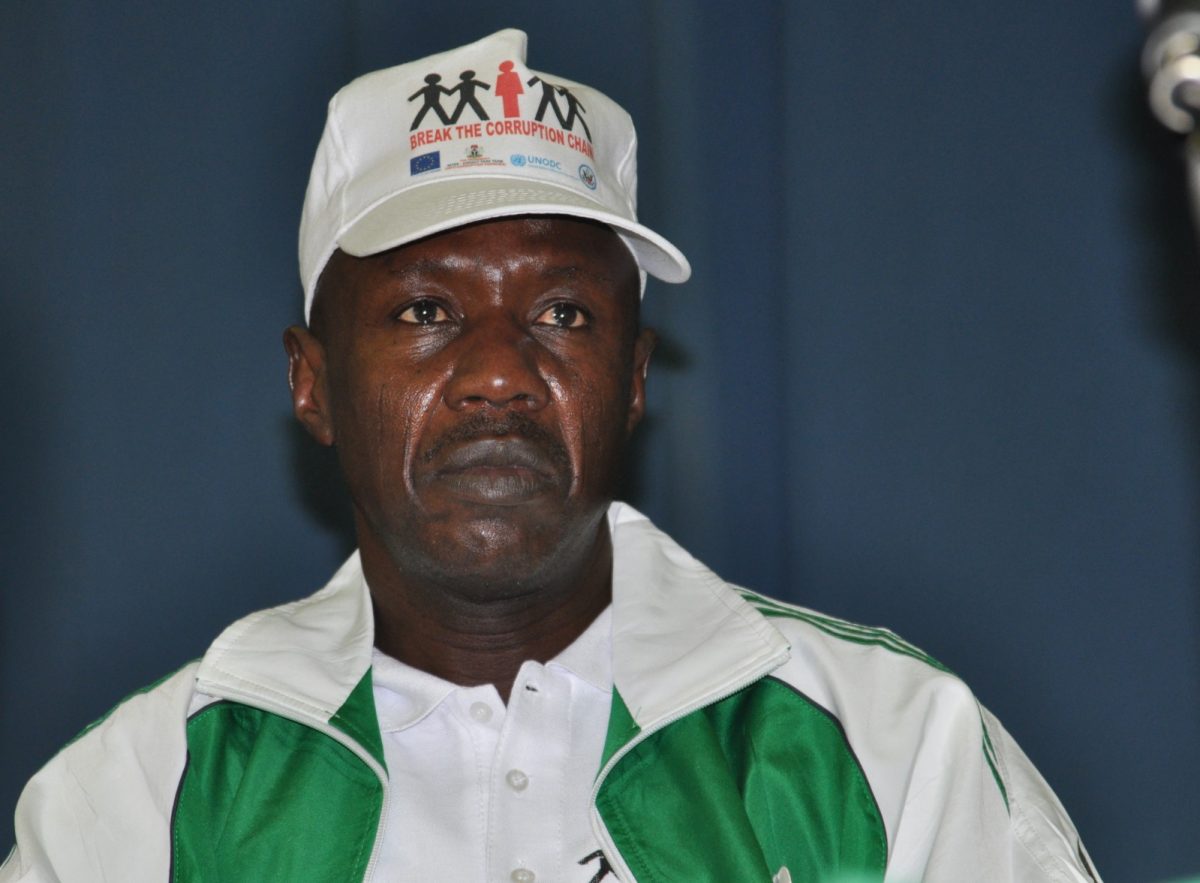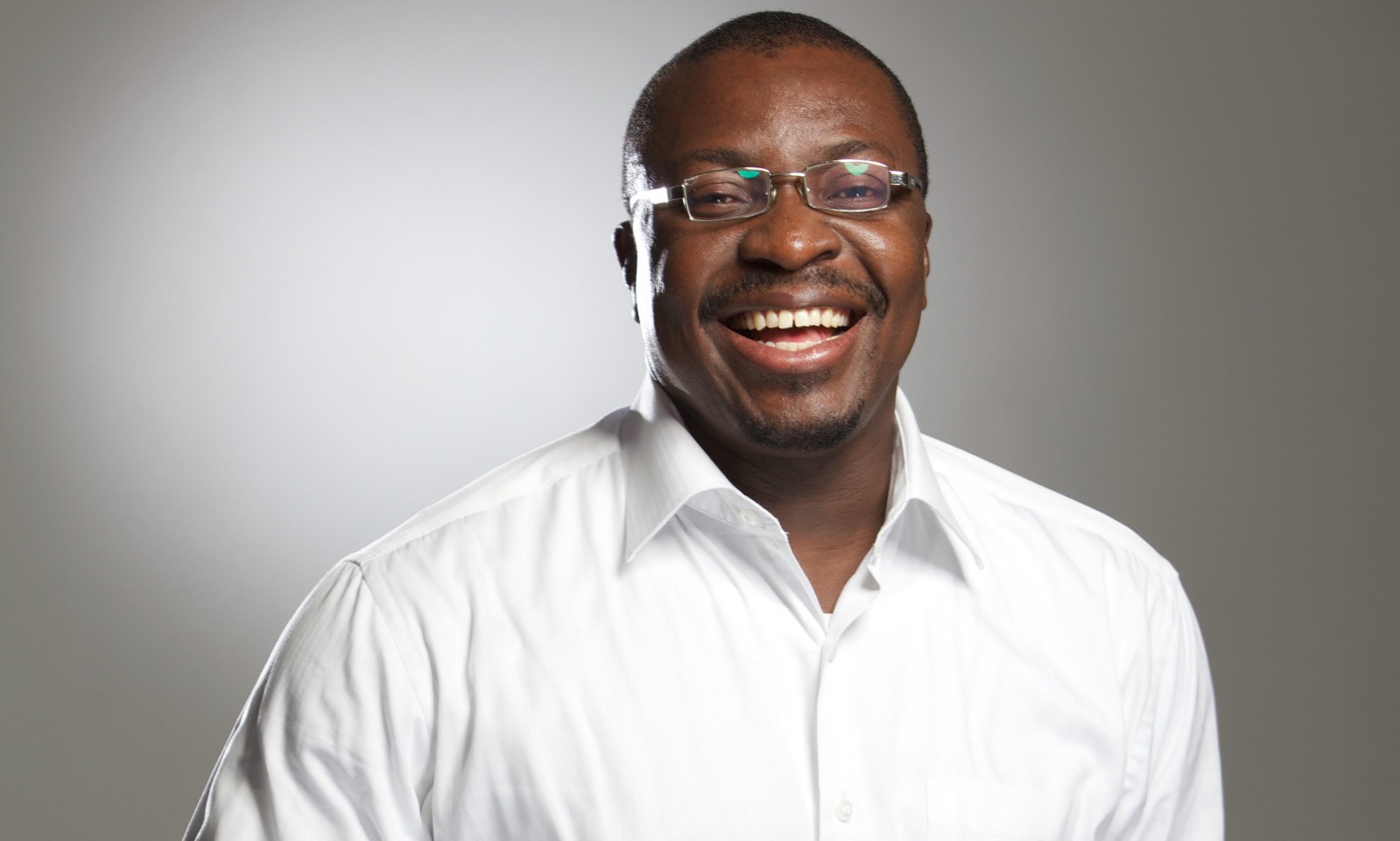The current trial of Nigeria’s Senate President, Senator Bukola Saraki for false declaration of assets is no longer news. Recently, a media coverage of the proceedings at the Code of Conduct Tribunal, CCT, (the Tribunal) in the trial of the Senate president revealed the presence of operatives of the Economic & Financial Crimes Commission (EFCC) in a manner that suggests that EFCC is either the prosecutor or has keen interest in the proceedings. It appears that the EFCC may have taken up a role in the whole proceedings which it ordinarily does not have.
The Code of Conduct Bureau and the CCT are institutions set up and regulated by law and so is the EFCC. The Code of Conduct Bureau & Tribunal Act (the Act) clearly sets out the rules of procedure that guide proceedings at the tribunal, the manner of instituting proceedings and who can institute proceedings before the tribunal.
S 24(2) – (4) of the Act provides as follows:
“(2) Prosecutions for all offences referred to in this Act shall be instituted in the name of the
Federal Republic of Nigeria by the Attorney-General of the Federation or such officers in the
Federal Ministry of Justice as the Attorney-General of the Federation may authorise so to do.(3) For the purpose of subsection (2) of this section, the Attorney-General of the Federation may-
(a) after consultation with the Attorney-General of any State in the Federation, authorise any
officer of the Ministry of Justice of the State concerned to undertake any such prosecutions directly or assist therein; or(b) if the Tribunal so requests, or if contingencies so dictate, authorise any other legal practitioner in Nigeria to undertake any such prosecution or assist therein:
Provided that the question whether any authority has been given in pursuance of this subsection shall not be inquired into by any person.
(4) Any person accused of any offence referred to in this Act shall be entitled to defend himself in person or by a person of his own choice who is a legal practitioner resident in Nigeria.”
The law is clear and unambiguous as to who can prosecute cases at the CCT and there is no reason for EFCC to usurp the powers of the Attorney-General of the Federation (AGF) or anyone authorised by the AGF. It is pertinent to note that the offence of false asset declaration for which the Senate President is being tried is not an offence under the EFCC Act for which the EFCC should assume responsibility of prosecution. Please see Sections 14-17 of the EFCC Establishment Act, 2004 which provides for offences thereunder and contrast with S. 15(2) Code of Conduct Bureau & Tribunal Act which provides that:
“Any statement in any declaration that is found to be false by any authority or person authorised in that behalf to verify it, shall be deemed to be a breach of this Act”
While it is in the overall interest of the country that the malaise of corruption be effectively addressed, it is counter-productive for institutions to engage in over-zealous tactics only in a bid to show relevance and activity. Activity and productivity are not synonymous and therefore must be juxtaposed with outcome or results in order to ascertain whether an institution is attaining its set objectives.
Since the commencement of the Buhari administration, there has been a lot of media hype on the fight against corruption but very little progress can be seen with most of the cases being prosecuted by the EFCC. One wonders why the EFCC, with the herculean task ahead of it is so interested in the case against the Senate President at the CCT. It is difficult to rule out the agenda of propaganda due to the attention received by the proceedings at the tribunal and the personality involved.
The EFCC and all other anti-corruption institutions should focus on their core areas of operation as stipulated by law and fashion out ways to be more effective and achieve results rather than engaging in the business of other institutions. If all institutions adopt this approach to work and execute their duties with a high sense of professionalism, it will boost the fight against corruption.
No amount of media hype can secure a conviction in Court and the earlier institutions channel their efforts and resources in the right direction, the better for the country.
Teingo Inko-Tariah is a public affairs commentator.
The opinions expressed in this article are solely those of the author.







